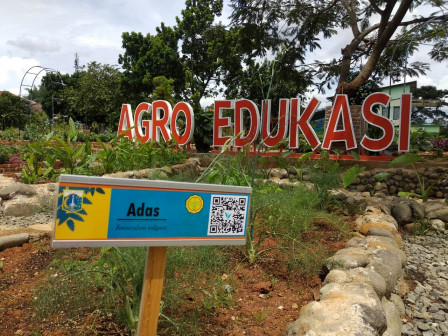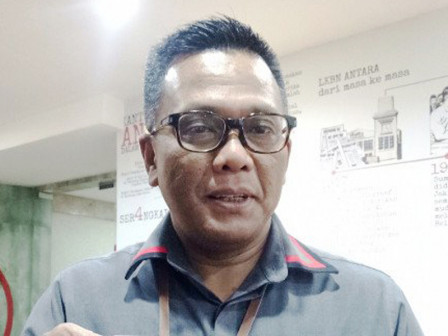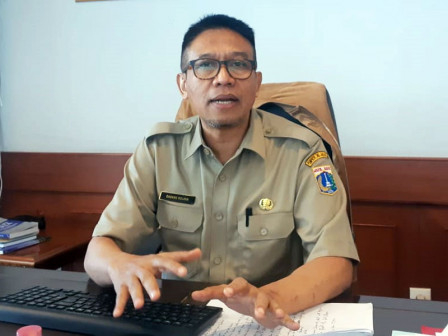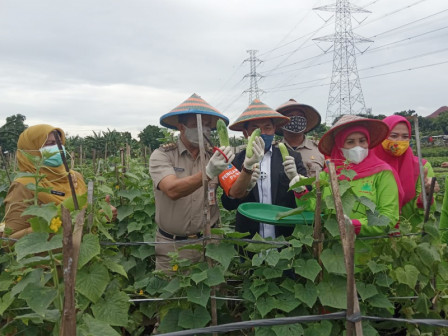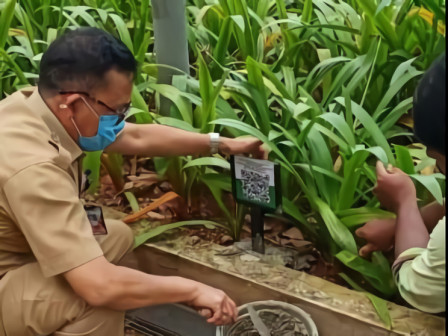Jakarta Realizes Ragunan Tourism Agroeducation
Reported by Adriana Megawati | Translated by Nugroho Adibrata
The Jakarta administration continues to develop and encourage urban farming i the midst of society.
We're holding on collaboration principall, as we are on our way to 4.0
To facilitate learning related to urban farming, the administration collaborated with stakeholders and already had owns Ragunan Tourism Agroeducation, in Jagakarsa Sub-district, South Jakarta.
Jakarta Communication, Informatic qnd Statistic (Kominfotik) Agency Head Arika Nur Rahmania said, it could be a model for sustainable urban farming in the long run.
Bank DKI Supports Simultaneous Urban Farming Activities"We're holding on collaboration principall, as we are on our way to 4.0," she said, on the sidelines of monitoring a location, Sunday (1/3).
Even today, he furthered, urban farming could be juxtaposed with technological advances and became the application of pilot technology in agriculture. QR codes were already attached on plants, which contained information and was integrated with Jakarta Balkot Farm.
"In future, urban farming is booming, and technology will accelerate productivity. In line with that, for education and technology innovation can collaborate, especially products and education," she expressed.
In the meantime, South Jakarta KPKP Sub-agency Head Hasudungan Sidabalok explained, people could learn urban agriculture at Ragunan Tourism Agroeducation.
"They can learn how to farm in big cities by imposing irrigation technology, verticulture, ecological balance of soil and plants, hydroponics and learning superior seeds and nutrients," he explained.
Surely visitors could learn various agricultural techniques, starting from biovlog technology for consumption fish, magot cultivation to break down organic waste, compost houses and mushroom cultivation that could be consumed at a home scale.
"Technically, it will be managed by a legal community, cooperatives. And all products are packaged and marketed online. The product also doesn't add chemicals to the fertilizer, so naturally there are no pests," he explained.
He added it was not only abour agricultural, but also livestock and fisheries.
"There's also technology for ecology. For instance, a dairy farm, the manure can turn into biogas, the milk can be processed into candy and yogurt," he closed.

